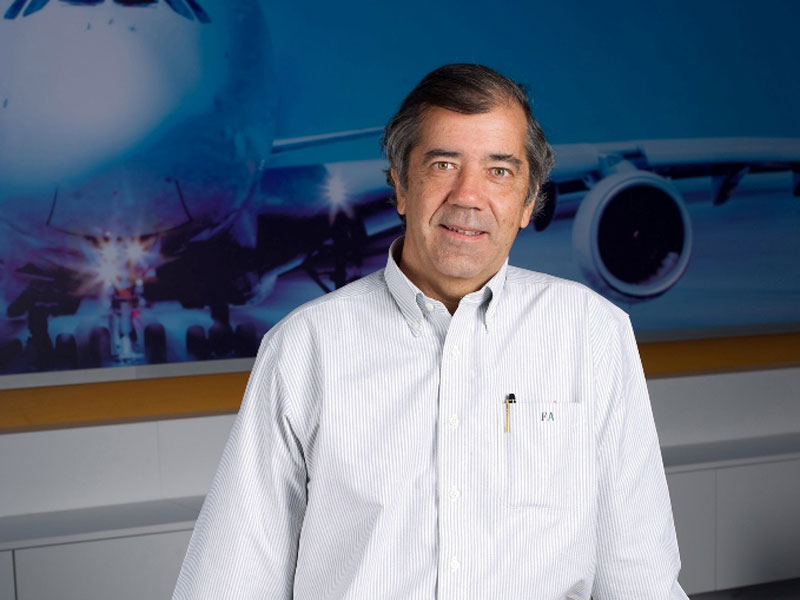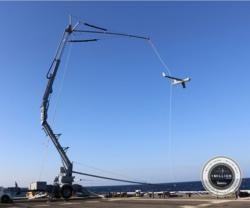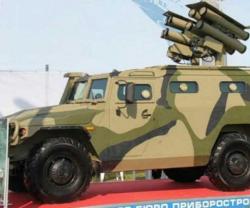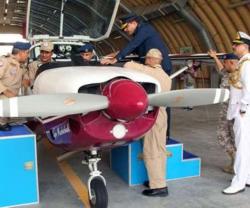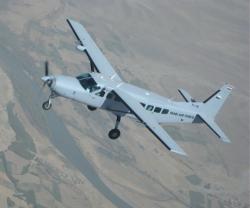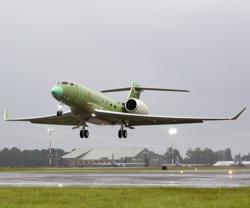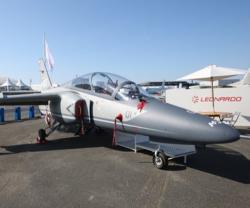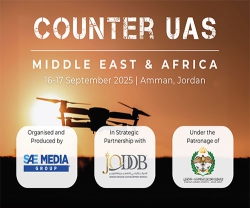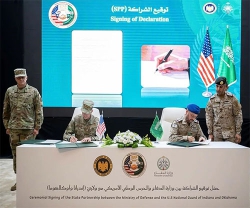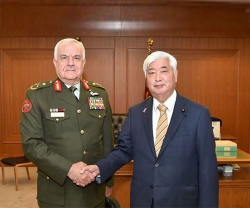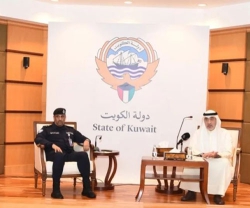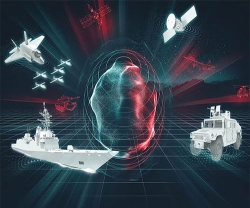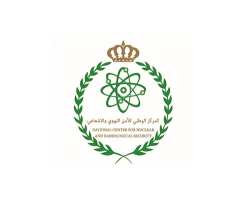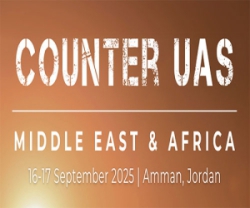Fernando Alonso (photo) has been working with Airbus for many years and has a profound knowledge of the A400M as well as the other military aircraft programs. Since 2007, he served as Head of Flight Test Operations at Airbus.
Further to the top management changes, the A400M programme will be restructured.
These organisational changes are designed to allow more efficient operations inside the Airbus Defence and Space Division and to put the A400M programme as well as its industrialisation in a position to best address currently existing shortfalls:
- Responsibility for all industrial-related activities is being shifted to the Operations organisation, which is led by Pilar Albiac-Murillo.
- Programme-related activities such as development and customer deliveries will remain in the scope of the Military Aircraft business unit, under the lead of Rafael Tentor, who serves as Head of the A400M programme.
“I expect the new team will rapidly address existing shortfalls in the most efficient way. Every pilot who has flown the A400M to date praises the aircraft’s performance. It has even already been deployed in military operations and it will be a strategic asset to any of our customer nations’ Air Forces,” said Bernhard Gerwert, CEO of Airbus Defence and Space.
“But as for the integration of military capabilities and the industrial ramp-up in particular, we have not been performing at the level which had been expected from us. That is unacceptable and we will fix that. We are fully conscious of how dependent the customer nations are on this new airlifter and therefore take their concerns very seriously. We will do our utmost to overcome them so the customers receive the aircraft they need in the shortest time possible,” he added.
The current aircraft in service are showing good performance with the aircraft exceeding its specifications in its strategic, logistical role.
The military capabilities consisting of aerial delivery, cargo handling system, Defensive Aids Subsystems (DASS) and air-to-air refueling with pods will be integrated in the second half of 2015, following certification and qualification for each capability. Flight testing of these capabilities is continuing at a high pace. Additional military capabilities will be integrated gradually up till 2018 as contractually agreed.
We are continuing our intense and constructive discussion with OCCAR and the customer nations regarding the delivery schedule and will communicate on this once those have been concluded.

